There are more than dozens of bacterial and viral diseases of horses for which vaccines are presently available. Equine vaccination is a vast subject, and it includes many things. As a horse owner, you should know about the basics of horse vaccines, requirements, doses, schedule, effective route, mode of action, precaution, and vaccination failures.
Vaccines may be the live organism of lesser virulence, killed or recombinant. The live vaccines cannot produce disease within the host but can induce the immune system to build it. The foal vaccination schedule is modified due to the interference of the maternal antibodies.
Why Require Horse Vaccination
The vaccine is the most effective, safe, and simple way of protecting the disease of horses. The vaccine uses the body’s natural defense mechanism to produce resistance against a specific disease or organism. This way, the vaccine makes the immune system stronger. The vaccine trains the body’s immune system on how to produce antibodies when a disease expose. The vaccines are mostly given in injection form, and some vaccines are given orally.
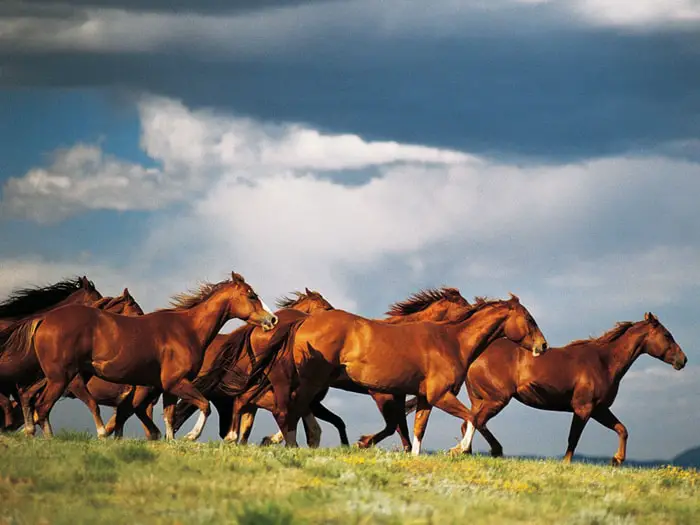
Aims of Equine Vaccination
Vaccination aims to produce and maintain herd and individual immunity against infectious diseases. The vaccination program is formulated based on the age, level of exposure, cost-effectiveness, and uses of vaccines. The aims of equine vaccinations are:
- Reduction of exposure to infectious diseases in the horse’s environment.
- You are minimizing the factors that increase the susceptibility or decrease the disease resistance.
- Increase the resistance to those diseases by vaccination.
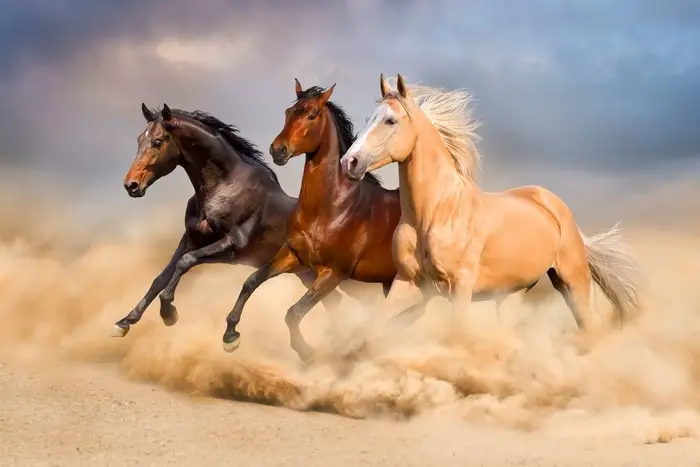
Diseases That Require Vaccination
Horses are affected by many infectious, non-infectious, metabolic, and managemental diseases. All diseases did not require vaccines. The disease is emerging and causes substantial losses after exposure requires early vaccination. The requirement of vaccines varies from country to country and region to region. The following disease requires vaccination:
- African Horse Sickness.
- Rabies.
- Encephalomyelitis (Western, Eastern, and Venezuelan).
- Anthrax.
- Tetanus.
- Equine Herpes Virus.
- Equine Influenza Virus
- Flaviviral Encephalitis.
- Listeriosis.
- Pseudomonas aeruginosa.
- Rhodococcus equi.
- Rotavirus.
- Salmonellosis.
- Streptococcal infections.
- Togavirus Encephalitis.
Types of Horse Vaccines
There are mainly four types of vaccines in the world. The types of vaccines are more or less similar for all animal species. The most common types of vaccines are:
- Live Vaccines.
- Modified Live Vaccines.
- Recombinant Vaccines.
- Killed or Inactivated Vaccines.
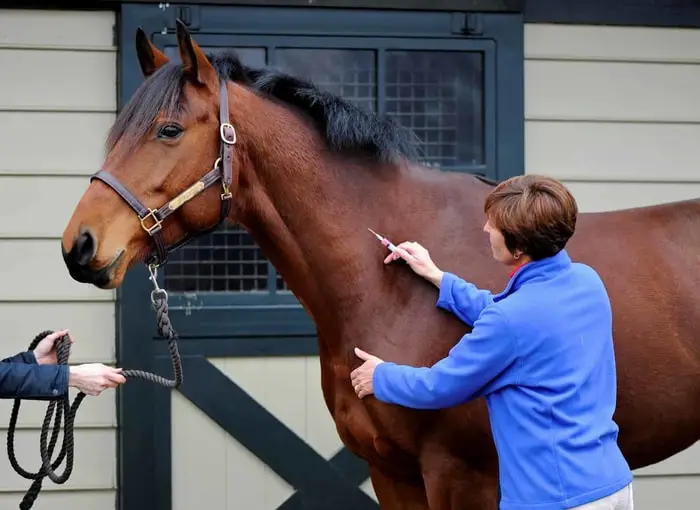
Principles of Equine Vaccination
A standard and uniform vaccination schedule is not available for all horses in all regions of the world. The vaccination schedule and vaccines vary from region to area and epidemiology of the disease. The principles of equine vaccination are as follows:
- Equine disease risk factors
- Environmental factors.
- Age.
- Breed.
- Gender.
- Utilization.
- Geographic factors.
- The consequences of the disease like zoonotic potentials, mortality, or morbidity.
- Expected effectiveness of the vaccines.
- Potential adverse effects of vaccines.
- Cost of loss due to the disease versus the cost of the vaccines.
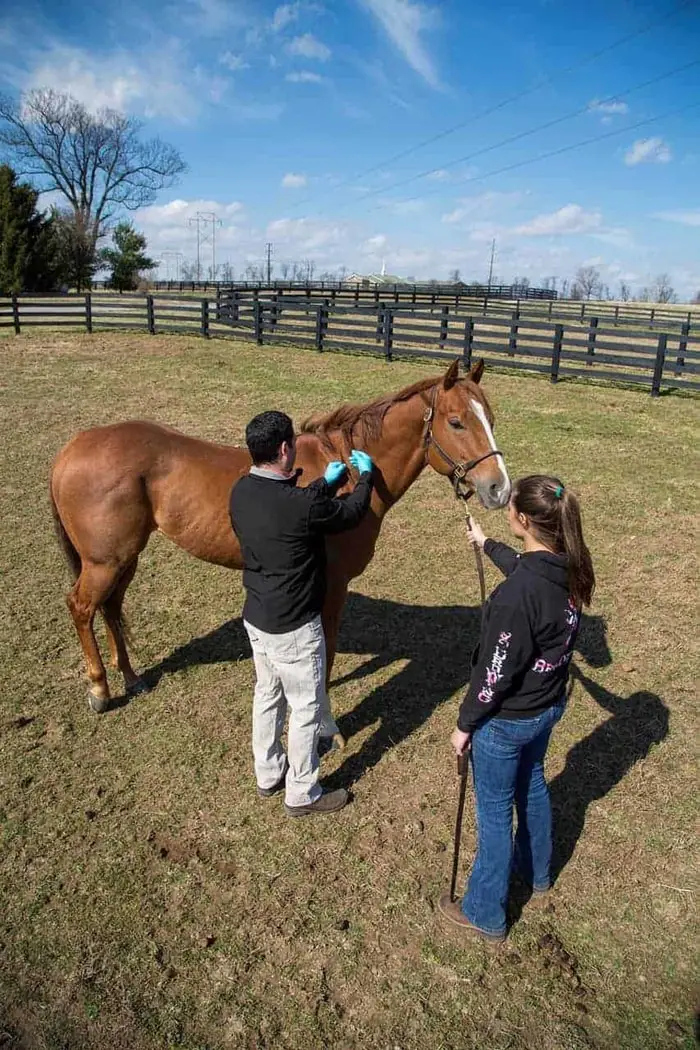
Age of Vaccination
Horse vaccines are given at specific ages. Few vaccines are given to mares during pregnancy to produce IgG and transmit to foals through placental circulation. Foals with less than 200mg/dl fail to protect against certain diseases like Equine Herpesvirus 1 and 4, Western and Eastern Equine Encephalitis, and Tetanus. Equine vaccination is required against such diseases at the age of 3-4 months and booster dose after 4-6 weeks, again boosting at 10-12 months of age.
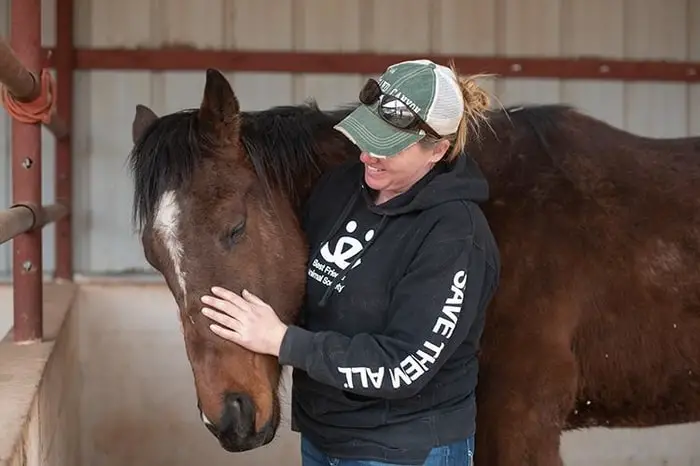
Rabies vaccine can start at the age of 3 months of age and boost at 12 months of age. West Nile vaccine is usually administered its first dose at 3-5 months of age. Most of the equine vaccines are revaccinated annually or half-annually.
Limitations of Horse Vaccination
Vaccines alone cannot give full protection from the disease. Every vaccination has some limitations. The possible limitations of equine vaccinations are:
- Vaccines alone cannot give full protection against any disease unless acceptable management practices of your horses.
- Vaccines cannot prevent the disease altogether; rather minimize the risk of the disease.
- A well-known vaccine from a recognized source may not give protection against a pandemic or epidemic infection.
- Protection against a disease is not developed immediately after the administration of the vaccine. It requires considerable time to build immunity or antibodies after a shot.
- The initial dose and a booster dose of the vaccine should be administered at the producers’ designated time.
- All horses of a herd should be vaccinated at an interval designated by the veterinarian.
- There is a risk of the potential adverse effects of vaccination even after appropriate vaccine handling and administration.
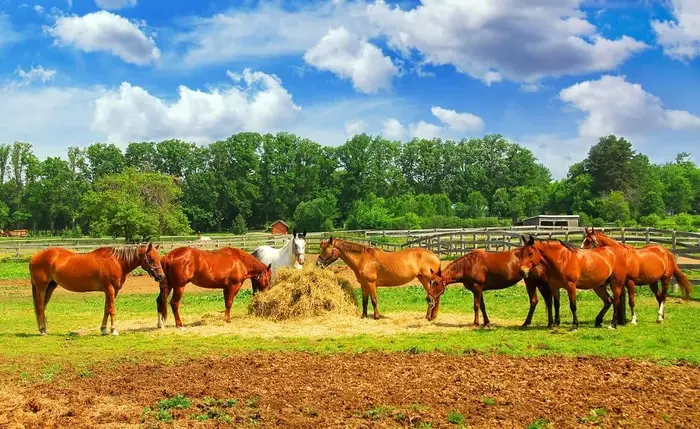
Possible Causes of Equine Vaccination Failure
The vaccines may not give complete protection from many diseases. There are many factors of vaccination failure. The most common vaccination failures are:
- Increases the density of horses with fewer facilities.
- Shifting of horses to fewer facilities.
- Managemental and Environmental influences.
- Over-crowing.
- Stress.
- Inadequate sanitation.
- Poor nutrition.
- Concurrent diseases.
- Contaminated feed and water.
- Inadequate control of rodents, insects, and birds.
- Movement control of man, vehicle, and other materials in the stable during the disease outbreak.
Adverse Effect of Vaccination
Though the vaccine is the most effective, safe, and simple method of triggering the immune system, you must be cautious about equine vaccination’s adverse reactions. You must report the adverse reaction of vaccines immediately to your veterinarian and manufacturer. The adverse reactions of vaccines are as follows:
- Local muscular swelling, transient or soreness.
- Self-limiting signs include fever, lethargy, and anorexia.
- System severe reactions like urticaria, colic, purpura hemorrhagica, and anaphylaxis.
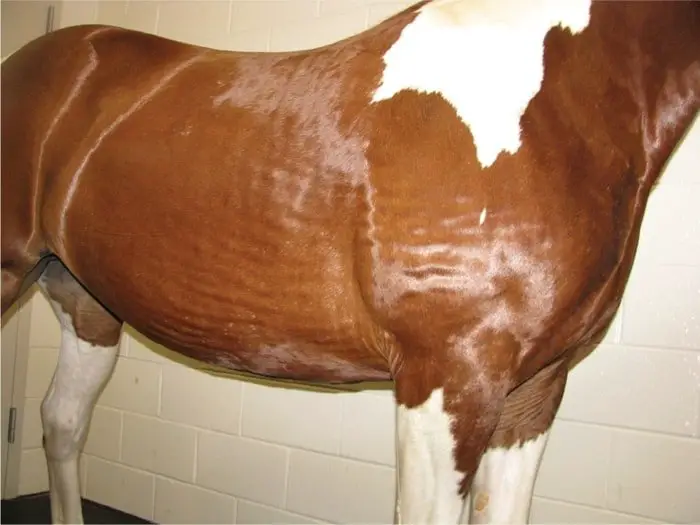
Information Provided Over Vaccine Tube or Vial or Pack
Horse vaccines are provided in glass vials or tubes. The vaccine containers must be provided with a few information for the user and administrators. The standard information leveled on vaccine container and packet are:
- Level of indication.
- Prevention of Infection. This information indicated the vaccine is effective against which disease or organisms.
- Prevention of Diseases.
- Doses.
- Route of vaccination administration.
- Storage indications.
- Precaution about manhandling.
- Produces address and contact numbers.
- Date of production and expiry.
- Batch number of the vaccines.
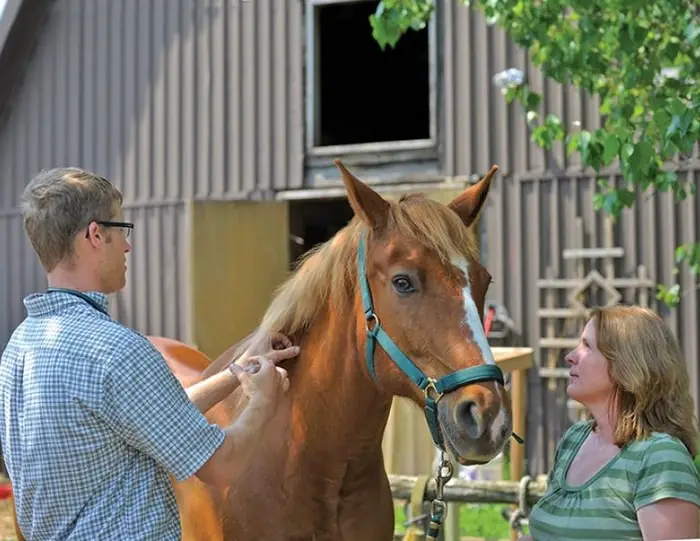
Ideal Horse Vaccination Schedule
Ideal vaccination schedule varies from region to region and veterinarian perspective. The most common vaccination schedule followed by many veterinarians are given below:
| Disease/Vaccine | First Dose | Booster Dose | Revaccination |
| West Nile Virus | 3-4 months | After 1 month | Annual |
| Equine Encephalitis (EEE, WEE, VEE) | 3-4 month | After 5-6 months | Annual |
| Tetanus Toxoid (TT) | 3-4 months | After 5-6 months | Annual |
| Equine Influenza | 6 months | 7 & 8th month | 6 months |
| Rhinopneumonitis (EHV 1 and EHV 4) | 4-6 months | 3-4 months | 6months |
| Strangles | 4-6 Months | 5-7 months | 6 months |
| Rabies | 6 months | 7 month | Annual |
| Potomac Horse Fever | 5-6 months | 6-7 months | Biannual |
| Botulism | 2-3 months | 3 dose 30 days interval | Vet decision |
| Equine Viral Arthritis | 6-12 months | – | Annual |
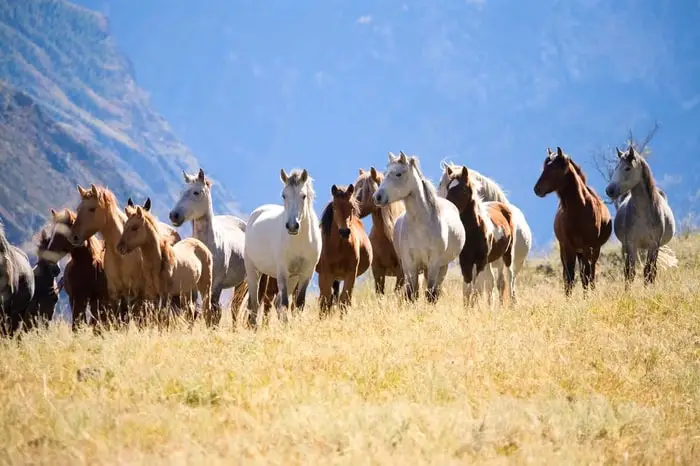
Final Advice on Equine Vaccination
Vaccines are the most appropriate way to protect against diseases in animals and human beings. In my article, I have discussed the most critical points on horse vaccination in a nutshell. You received an overall idea about equine vaccination. I think this information will enhance your knowledge about horse vaccination and its effectiveness. If the above information helps you, please share the article with your horse owner friends.